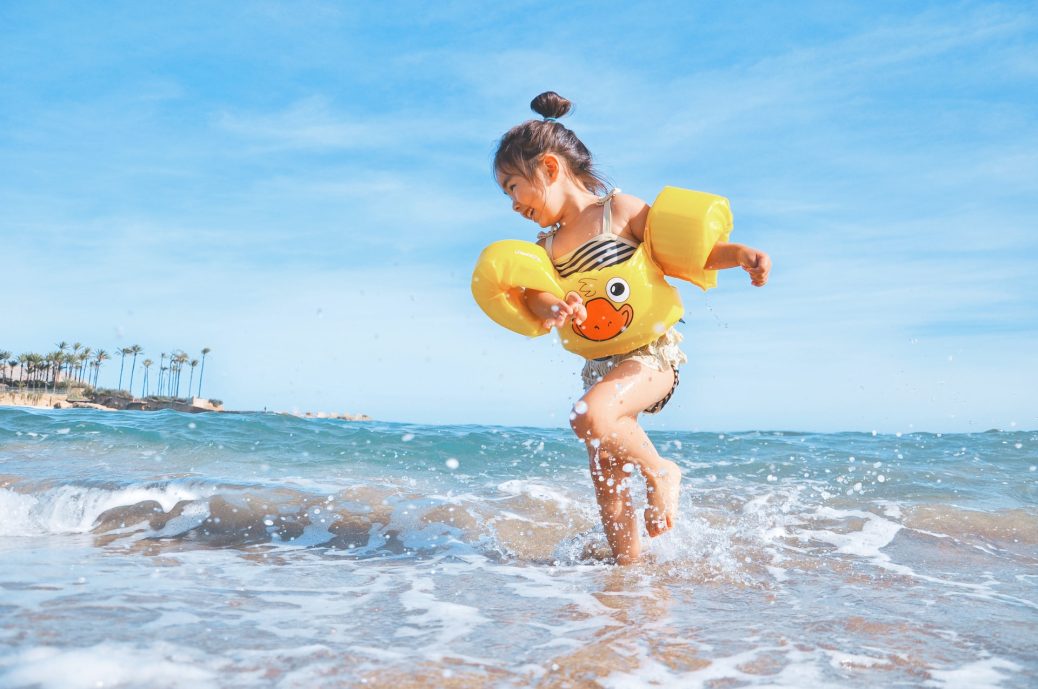Teaching self-control to children is one of the most important things that parents can do for their kids because these skills are some of the most important for success later in life.
When kids meltdown in a public area like a departmental store, at a dinner party with family, or at home, it can be extremely frustrating. But parents can help kids learn self-control and teach them how to respond without just acting on impulse.
Helping Kids Teaching and Learning Self-Control to Children
By learning self-control, kids can make appropriate decisions and respond to stressful situations in ways that can give positive outcomes.
For example, if you say that you’re not giving chocolate until after dinner, your child may cry, plead, or even scream in the hopes that you will give in. But with self-control, your child can understand that a temper tantrum means you’ll take away the chocolate for good and that it’s wiser to wait patiently.
Few Suggestions for Teaching Self-control to children
Here are a few suggestions for teaching self-control to children that help kids to learn to control their behaviours:
Up to Age 2
Infants and toddlers get frustrated by the large gap between the things they want to do and what they’re able to do. They often respond with temper tantrums. Try to prevent outbursts by distracting your little one with toys or other activities.
For kids reaching 2 years of age, try a brief timeout in designated areas like a kitchen chair or bottom stairs to show the consequences of outbursts and teach that it’s better to take some time alone instead of throwing a tantrum.
Ages 3 to 5
You can continue to use timeouts, but rather than setting a specific time limit, end timeouts when your child calms down. This helps kids improve their self-control. And it’s just as important to praise your child for not losing control in frustrating and difficult situations. You can say this, I love you for this and you stayed calm or it’s really good work as you kept yourself cool.
Ages 6 to 9
As kids enter school, they’re better able to understand the idea of consequences and that they can choose good or bad behaviour. It may help your child to imagine a stop sign that must be obeyed and think about a situation before responding. Encourage your child to avoid a frustrating situation for a few minutes to cool off instead of having an outburst. Praise kids when they do avoid and cool off, they’ll be more likely to use those skills in the future.
Ages 10 to 12
Older kids usually better understand their feelings. Encourage them to think about what’s causing them to lose control and then analyze it. Urge kids to take time to think before responding to a situation. Help them to understand that it’s not the situation that’s upsetting them. It’s what they think about the situation that makes them angry. Compliment them as they use their self-control skills.
Ages 13 to 17
By now kids should be able to control most of their actions. But remind teens to think about long-term consequences. Urge them to pause to evaluate upsetting situations before responding. Talk through problems rather than losing control, slamming doors, or yelling. If necessary, discipline your teen by taking away certain privileges to reinforce the message that self-control is an important skill. Allow them to earn the privileges back by demonstrating self-control.
Teaching Self-Control to Children, When its Important
As difficult as it may be, resist the urge to yell when you’re disciplining your kids. Instead, be firm and matter-of-fact. During a child’s meltdown, stay calm and explain that yelling, throwing a tantrum, and slamming doors are unacceptable behaviours that have consequences and say what those consequences are.
Your actions will show that tantrums won’t get kids the upper hand. For example, if your child gets upset in the store after you’ve explained why you won’t buy ice cream, don’t give in. Thus demonstrating that the tantrum was both unacceptable and ineffective.
Also, consider speaking to your child’s teachers about classroom settings and appropriate behaviour expectations. Ask if problem-solving is taught or demonstrated in school.
Teaching Self-Control to Children is also good for you as you are practising self-control. If you’re in an irritating situation, tell them why you’re frustrated and then discuss potential solutions to the problem. For example, if you’ve misplaced car keys, instead of getting upset, tell your kids the keys are missing and then search for them together. If they don’t turn up, take the next constructive step.
If you continue to have difficulties, ask your doctor or family counselling sessions might help.


